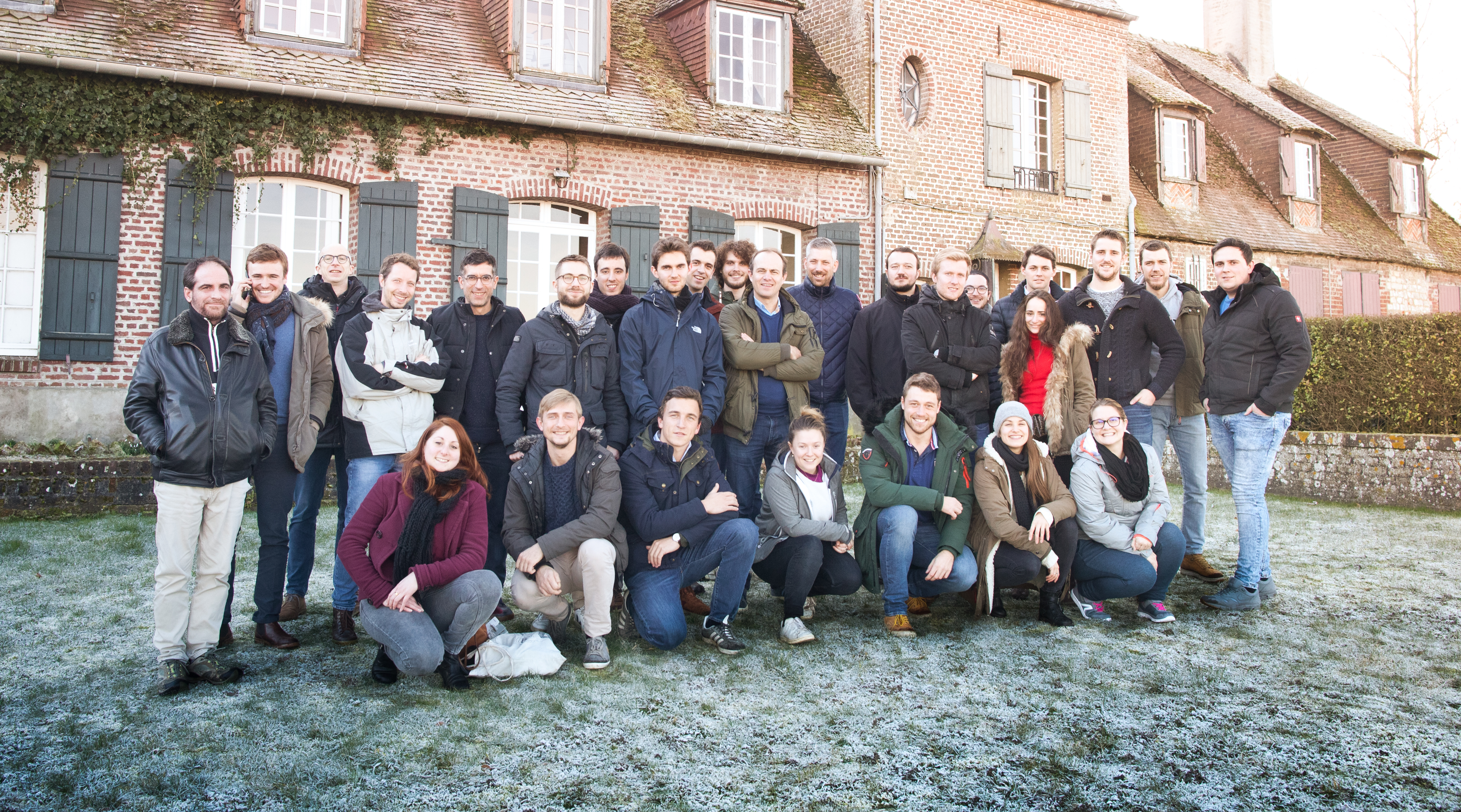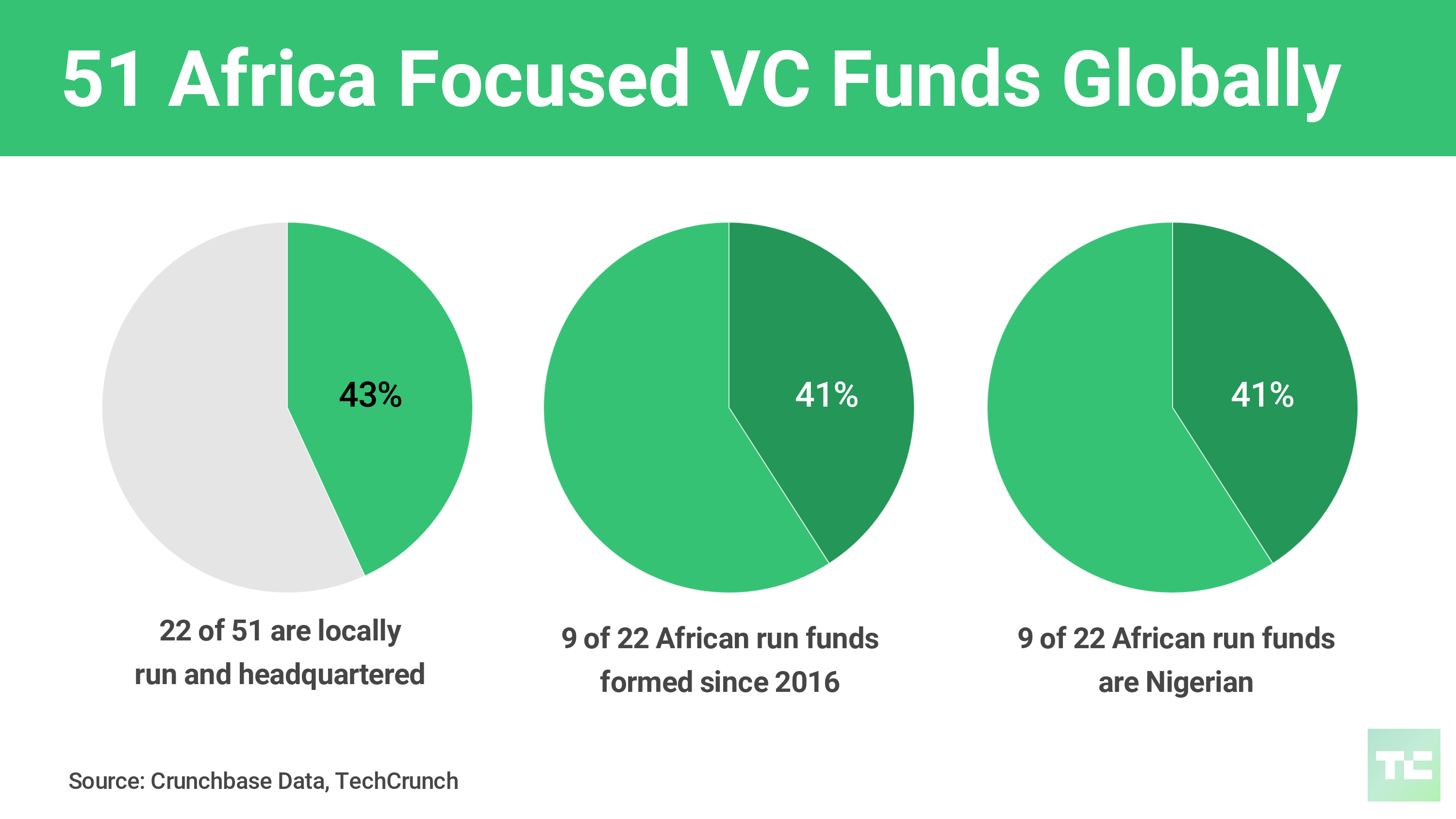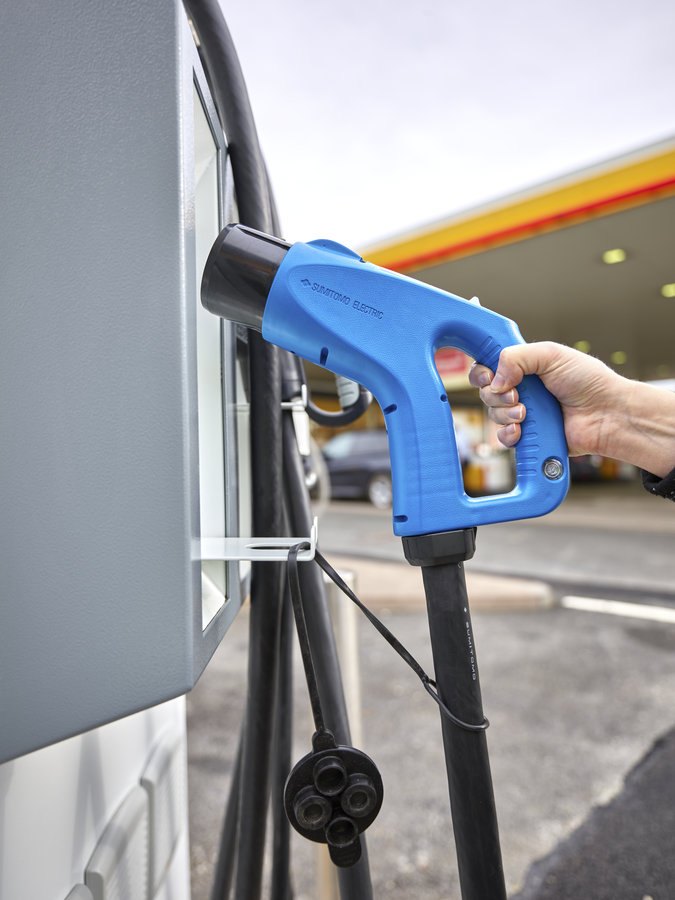Meet Sencrop a French startup that wants to empower farmers using sensors, a data platform and a service marketplace. The company recently raised a $10 million funding round.
The Series A round was led by Bpifrance with NCI Waterstart, Nord Capital and The Yield Lab also participating. Existing investors Demeter and Breega Capital also reinvested.
If you’re a farmer and are getting started when it comes to leveraging data, Sencrop wants to be a one-stop shop for all your digital needs. The company sells connected stations that can measure temperature, humidity, rainfall, windspeed, etc.
Each station costs between $340 and $570 (between €300 and €500) and you can have as many as you want. You can install the station yourself — it’s as easy as planting a post.
After that, you pay a subscription to access the platform. It costs around $170 to $340 per year (€150 to €300). In addition to live readings of your sensors, Sencrop can help you predict the next steps.
“On the other side of the platform, there are people broadcasting services to farmers,” co-founder and CEO Michael Bruniaux told me. “For instance, we can predict a disease and the farmer knows whether they need a product or not to prevent the disease.”
You can imagine a full-fledged marketplace in the future. For instance, it could be a good way to subscribe to an insurance product, order seeds or contact companies and cooperatives corporations willing to buy your output.
5,000 farmers, winemakers and arborists are already using the platform to monitor their farms. Most of them are currently based in Europe.
Sencrop is slowly building a community of farmers by combining all data points together. For instance, if other people living not far from you are also using Sencrop, you’ll get better forecasts and insights on what to expect.
The company first started with potato crops, vineyards and cereals. But now, you can find all kinds of profiles on Sencrop. Some farmers have a tiny piece of land of less than 100 acres while others have gigantic farms.
With today’s funding round, Sencrop wants to scale the community and expand to new markets.



